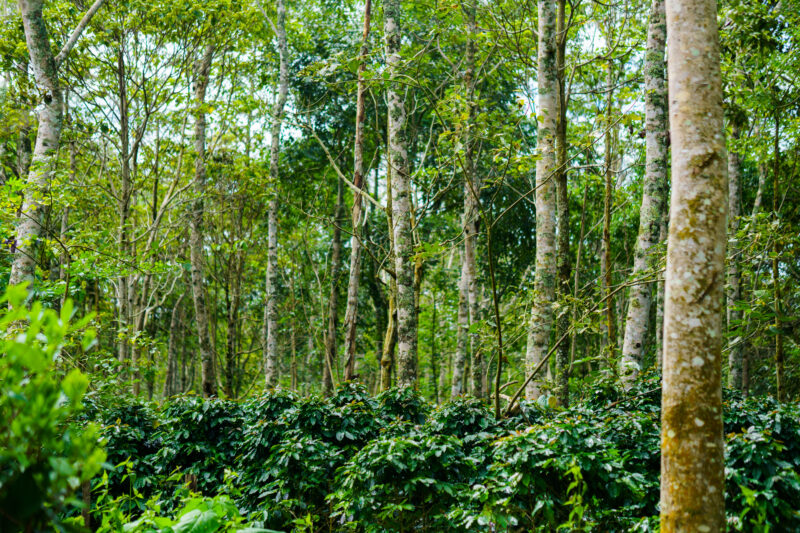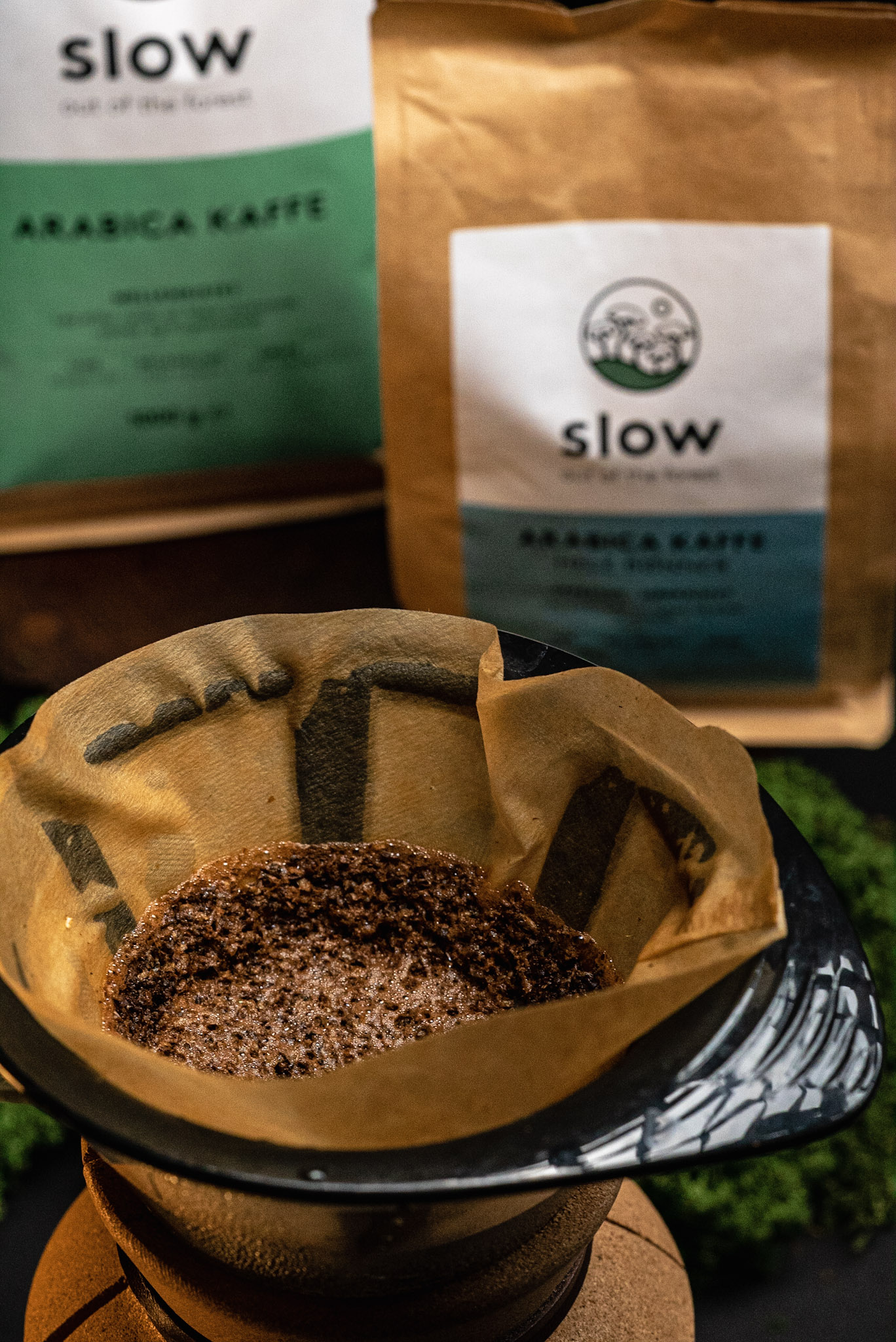Solution provider

Founded in 2018, Slow is an impact company that works with smallholder coffee and cacao farmers in Southeast Asia. We support livelihoods, protect the environment and work for global change.
Case
P4G
Biodiversity
Climate partnerships


Founded in 2018, Slow is an impact company that works with smallholder coffee and cacao farmers in Southeast Asia. We support livelihoods, protect the environment and work for global change.
Add the case to your visit request and let us know that you are interested in visiting Denmark
Coffee production, with its often associated deforestation and habitat loss, has significant implications for biodiversity. This disruption to ecosystems threatens the diverse range of species inhabiting coffee-growing regions. In response to this challenge, Slow Coffee selected Vietnam for its conservation history, particularly its efforts in creating a biodiversity corridor between two crucial nature reserves.
This strategic choice not only aligns with the global concern for coffee’s impact on biodiversity but also makes the company’s commitment to sustainable practices even more compelling to potential corporate clients.
As a solution to the challenge, Slow and WWF joined forces to regenerate nature with coffee, and conducted a study encompassing a production-protection scheme.
It was conducted over 6 months to assess the scale-up of the Prosperous Forests partnership in Laos, as well as its expansion to Ethiopia, Vietnam and Indonesia. Additionally, the Prosperous Forests partnership was tested with potential corporate clients and relevant contacts from P4G’s network to assess demand for the model.
The partnership originally aspired to reach 1,000 smallholder farmers, transform degraded lands to agroforestry and improve the management of 20,000 hectares of natural forests, as well as gain 10 new corporate partners. By 2030, the model strives to be a landmark example of sustainable commodity production that utilises private finance to scale up nature-based solutions to address ecological, social and climate challenges.
By 2050, the partnership aims to contribute to a broader coffee sector shift towards ecologically and socially sustainable production improving the well-being of smallholder farmers, increasing carbon sequestration and sustaining biodiverse forest landscapes.

Complex and exciting, yet easy to drink and enjoy every day.
Check out the coffee